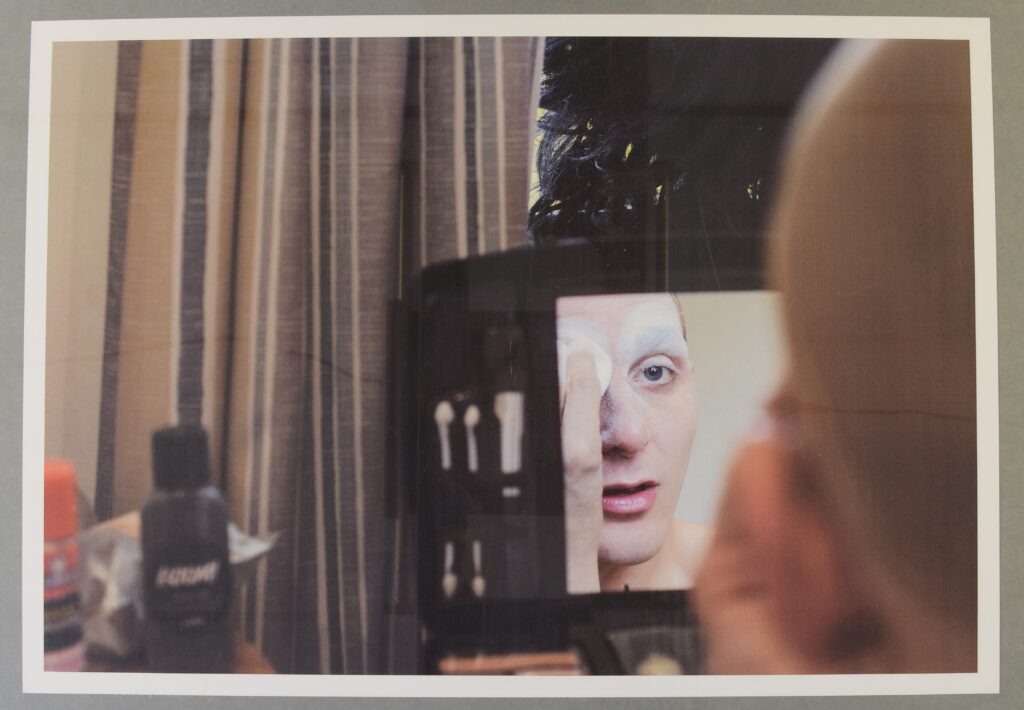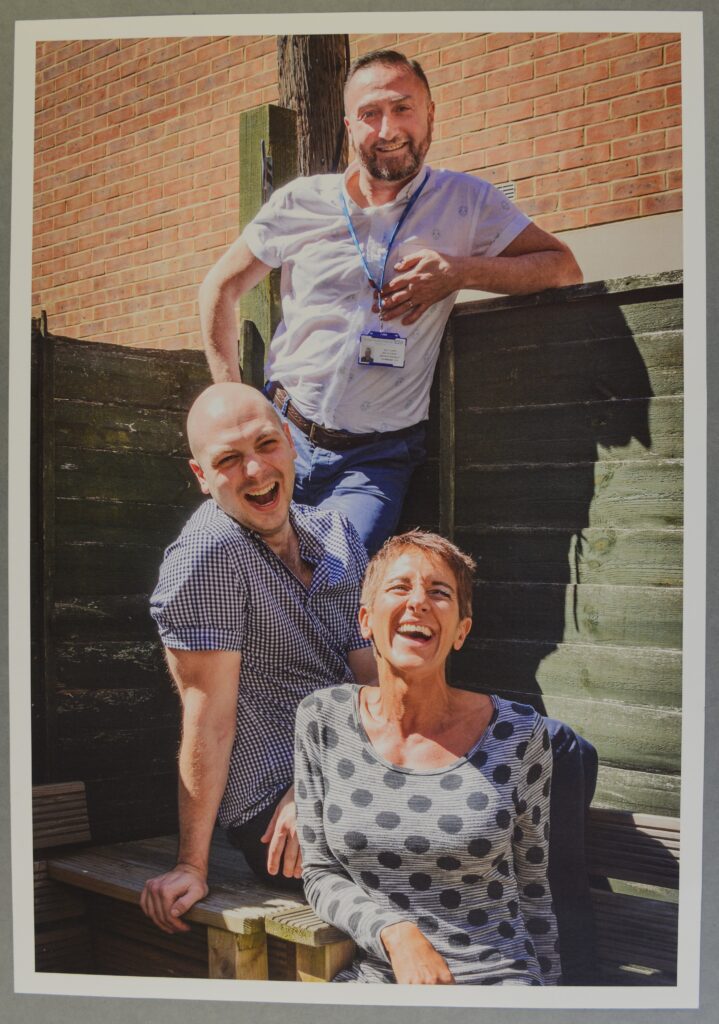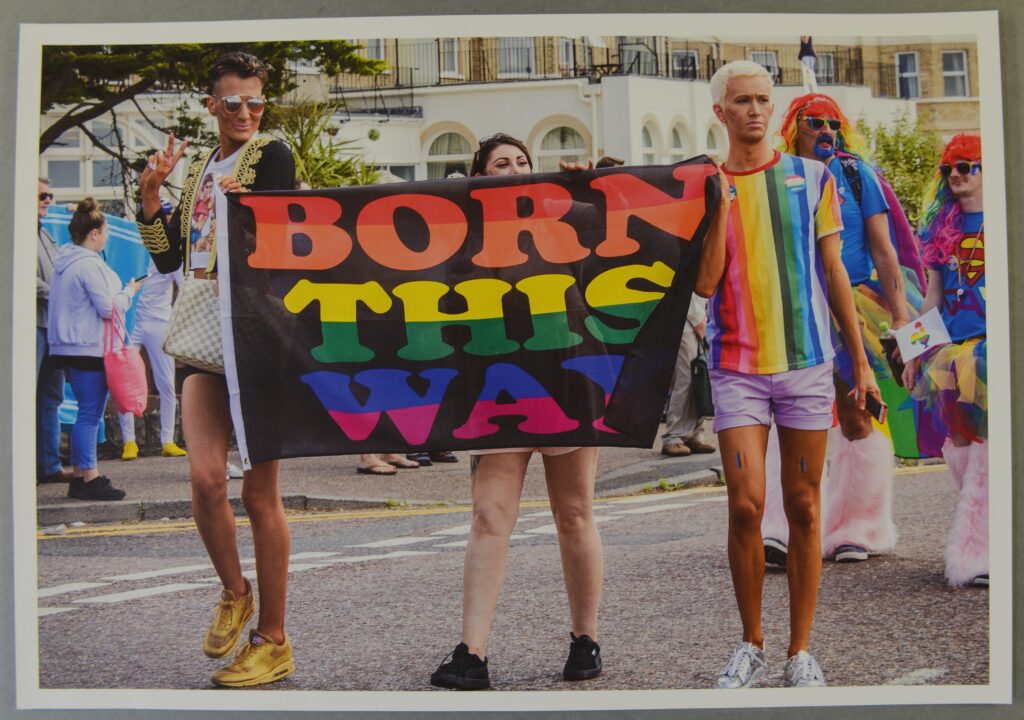At DHC we are always excited to have the opportunity to work collaboratively with young people. During the first lockdown last year we were joined by a volunteer who is currently between her first degree and an MA. She has worked with us entirely online, transcribing some of our LGBT+Speakout! interviews, and beginning to analyse the content with the support of a tutor from Bournemouth University’s Public History course. We thank both of them for their input, and for this update blog on the project.
LGBT+ Speakout is an ongoing research project, part of Dorset History Centre’s drive to improve its records of under-represented groups. Conceived in the spirit of remembrance and empowerment, this project uses oral history techniques to record the experiences of LGBT+ people who live in Dorset, and its findings are just starting to come to fruition. It involved a team of dedicated volunteers who conducted twenty-five interviews with participants, including a variety of ages, backgrounds, sexualities, and gender identities. The interviews were frank, open, sometimes controversial, and notably, each seemed to represent some kind of victory.

To “tell one’s story” is an act of empowerment; it validates a person’s experiences and opinions. It implies a listener. It was no surprise that when our participants were asked questions about their life experiences, they organised the information they relayed into narratives, in a way which made what they said more coherent, meaningful, and affirming. In oral history theory, the technical term for this is “composure”.
However, this became particularly interesting when we realised that most of our participants were not only telling a story, but, broadly speaking, they were telling the same story – LGBT+ history as a narrative of progress. Frequently participants discussed how society had become much more accepting of LGBT+ identities, how society has arrived at a point where biology does not dictate gender identity, how “far” the LGBT+ community had come. Most participants stated that equality and acceptance of LGBT+ identities had increased significantly, compared to the past. However, common sense tells us progress of this kind is rarely straightforward, linear, or uniform – more likely it is fitful, complex, complicated. The reality of this messy process can struggle to be seen when constrained by a sweeping narrative or neat storyline.

This is not to say participants did not acknowledge the variable nature of the advancement of LGBT+ rights. But even in these transgressions of the linear narrative, note the language participants use – it hints at a different mindset. Some noted the “certain forces in the world trying to turn the clock back”. Transgender participants were much less positive about their acceptance in society. Others argued Dorset was “a long way behind other places” in terms of acceptance. The AIDS epidemic was highlighted as a period of regression for gay rights. Frequently metaphors are used relating to time (“turning the clock back”) and journeys or physical movement between locations (“arrived at a point”). Both travel and time are linear progressions which implies a common mindset and the idea that processes of change such as progress, and even history itself, are often thought of as consistently moving forward. Diversions and regressions are thought of as temporary discrepancies, breaks from the norm, rather than part of it.
Going forward, we will examine how accurate the narrative of progress is when applied to LGBT+ history. Strong themes have already emerged from analysis of the interviews which show problems the LGBT+ community currently face, such as transphobia within the community or the lack of LGBT+ sex education in schools. Doubtless more fascinating themes will arise, which may lead the project’s findings in exciting new directions.

Over the next few months, the process of analysis will continue before the findings will be written up. Let’s return to the idea of storytelling as empowerment, with the closing statement from one participant’s interview:
“[I’m] here telling the tale and I’m proud of it, so proud of it”
However problematic they can be at times, stories are important, they are a culmination of lived experiences, they are validating. They are not easy to tell (as shown by the difficulty this project faced in recruiting participants). In LGBT+ History Month more than ever, it is worth remembering, they are in themselves a victory .


Thank you for carrying out this project. I am so glad that young LGBT+ people from Dorset got to tell their story. I work on LGBT+ inclusion in schools in Dorset and when talking to colleagues in London they are often surprised at how different things are down here. Collecting these stories at such a key time in history for LGBT+ people is so important.